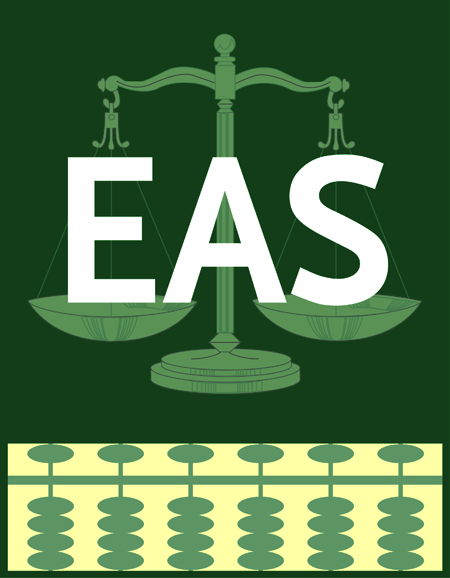CONTACT US
Enter your Name, Email Address and a short message. We'll respond to you as soon as possible.


Noel Santos
Emmanuel A. Santos JD CPA, Incorporated
447 Sutter Street, Suite 714, San Francisco, CA 94108
Phone: 415-362-8921
Fax: 415-362-8924
Cell: 415-412-5839
Email: noel@eas-cpa.com
Website: www.eas-cpa.com
Your Business...Your Family...Our Concern

If you have a high-deductible health insurance plan, you’re likely eligible to open a health savings account (HSA). Similar to flexible spending accounts, these tax-advantaged savings accounts allow you to contribute money to cover your medical expenses. But HSAs have three distinct tax advantages.
Enter your Name, Email Address and a short message. We'll respond to you as soon as possible.
The information and opinions contained in this web site are obtained from sources believed to be reliable, but their accuracy cannot be guaranteed. The publishers assume no responsibility for errors and omissions or for any damages resulting from the use of the published information. This web site is published with the understanding that it does not render legal, accounting, financial, or other professional advice. Whole or partial reproduction of this web site is forbidden without the written permission of the publisher.